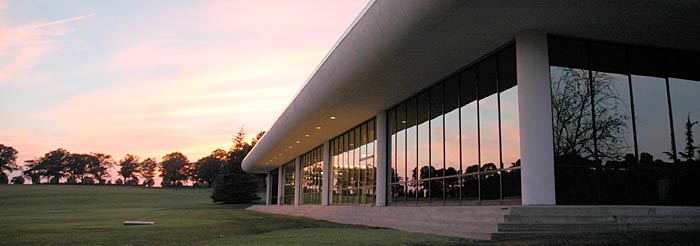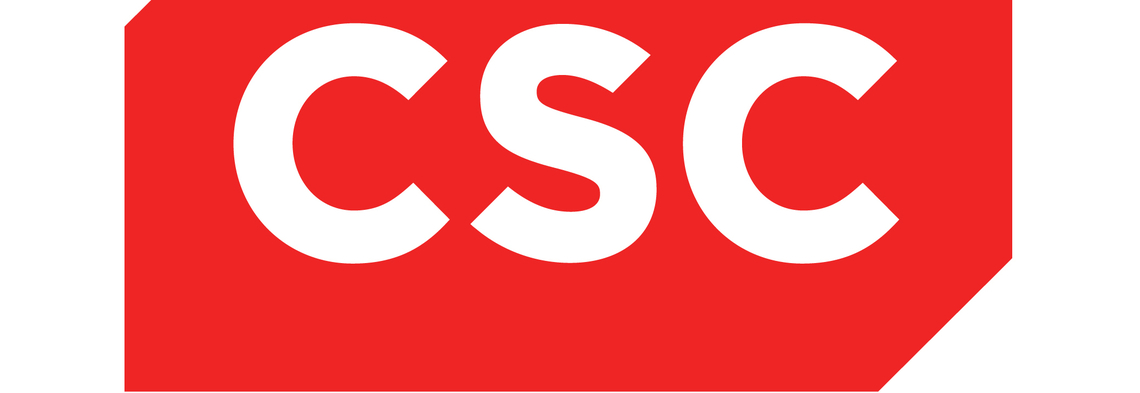 Photo Courtesy midlife-opportunity.com
Photo Courtesy midlife-opportunity.com
The end of the semester is upon us, and for many that means the job search has begun. Below you’ll find a list of local job opportunities for computer savvy graduates. Hopefully you’ll find something that sparks your interest. If not, don’t forget to check back regularly for updates.
Key Tech
What they do: Develops high-tech products with a focus on medical, industrial, and consumer devices.
Positions: Firmware/ Software Designer, Circuit Board Designer
Location: Baltimore, MD
Apply
CyberPoint
What they do: provides cybersecurity products and services.
Positions: Senior Systems Engineer, Senior Software Developer, Software Developer, Reverse Engineer
Location: Inner Harbor, Baltimore
Apply
Agnik
What they do: a data analytics company for distributed, mobile, and embedded environments.
Position: Software Developer I/II – Intern
Location: Columbia, MD
Apply
Agora, Inc.
What they do: A holding company for various publishers of financial, health, travel and special interest books, and newsletters.
Position: Software Engineers
Location: Mt. Vernon, Baltimore
Apply
*Jobs posted May 15.
Parking Panda
What they do: A rapidly expanding startup that thought up a creative solution for scarce parking in Baltimore and D.C.: A web-based app that lets you rent out your personal parking pad.
Position: Front End Engineer
Location: Federal Hill, Baltimore
Apply
The Hilltop Institute
What they do: Located in UMBC’s Sondheim building, The Hilltop Institute is a health research organization that conducts research, analysis, and evaluations on behalf of government agencies, foundations, and nonprofit organizations at the national, state, and local levels.
Position: Web Developer/ Programmer
Location: UMBC
Apply
OptiMetrics, Inc.
What they do: A company that provides research and engineering services to government and industry, specifically applying science and technology to protect soldiers on the battlefield.
Positions: Mid-Level Software Engineers, Software Engineer
Location: Abingdon, MD
Apply
Information Management Services, Inc.
What they do: A biomedical computing firm.
Position: Software Developer
Location: Silver Spring, MD
Apply
Praxis Engineering
What they do: A consulting, products, and solutions firm dedicated to the practical application of software and system engineering technologies to solve complex problems.
Positions: Software Engineer, Reverse Software Engineer, Application Developer, and more
Location: Aberdeen, MD, Annapolis Junction, MD
Apply
*Jobs posted May 7.
Have a job opening you'd like to have posted here? Contact Anissa.







